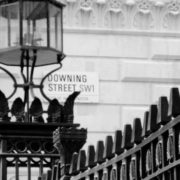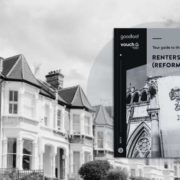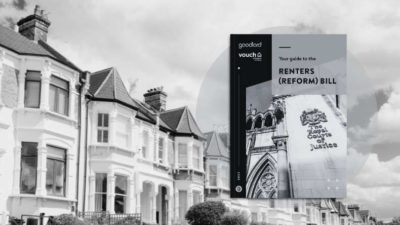Following on from last week’s Budget Statement by Chancellor Rishi Sunak, the Ministry of Housing, Communities and Local Government (MHCLG) has unveiled the plans behind the Government’s sweeping housing agenda.
In order to increase the amount of available living space over time, the Government is seeking not only to boost housebuilding but also to encourage people to add extra space to existing properties.
Last week’s Budget resulted in some of the largest proposed increases in Government spending since 1992, as it sought to not only stimulate the economy but also to support it, as COVID-19 cases continue to rise nationwide.
At the latest estimate, there are believed to be 798 cases of COVID-19 in the UK. At a press conference, however, the Government’s chief scientific advisor Sir Patrick Vallance suggested the true number of cases could actually be anywhere between 5,000-10,000.
The sky’s the limit
Under new Government proposals, development rights will be expanded, allowing properties such as residential blocks to have up to two additional storeys added to them as extensions. As well as this, the Government will hold consultations on how to demolish vacant commercial, industrial and residential blocks and replace them with modern residential units.
It is understood that this proposal will apply only to purpose-built blocks of flats, not individual houses.
Housing Secretary Robert Jenrick explained: “I want everyone, no matter where they live, to have access to affordable, safe, quality housing and live in communities with a real sense of place – as part of our ambition to level up, unite and unleash the potential of this country.”
In its Planning for the Future document, the Government revealed that it had delivered over 241,000 new homes last year, meaning 2019 saw the highest volume of housebuilding in 30 years. Despite this, it remains below the Government’s own target of building 300,000 homes a year by the mid-2020s.
Further reforms in the pipeline
The Government proposals reiterated a commitment to scrap Section 21 of the Housing Act 1988, which would mean abolishing no-fault evictions. This will be implemented in a much-anticipated Renters’ Reform Bill, which was first officially announced in one of the two Queen’s Speeches held in 2019.
As of March 2020, there is still no clear timetable for when the Bill will be drafted up and presented to MPs and Peers for several rounds of readings in Parliament.
The proposed scrappage of Section 21 is one of former Prime Minister Theresa May’s legacies – the proposal was first announced in April 2019, with an official consultation held between July and October 2019.





















An emergency response to this CV19 crisis should be mandated by Govt.
Abolish S24
Abolish the SDLT surcharge for British citizens only
Abolish the plans to get rid of S21
Then there will be lots of other things required to keep LL and tenants going.